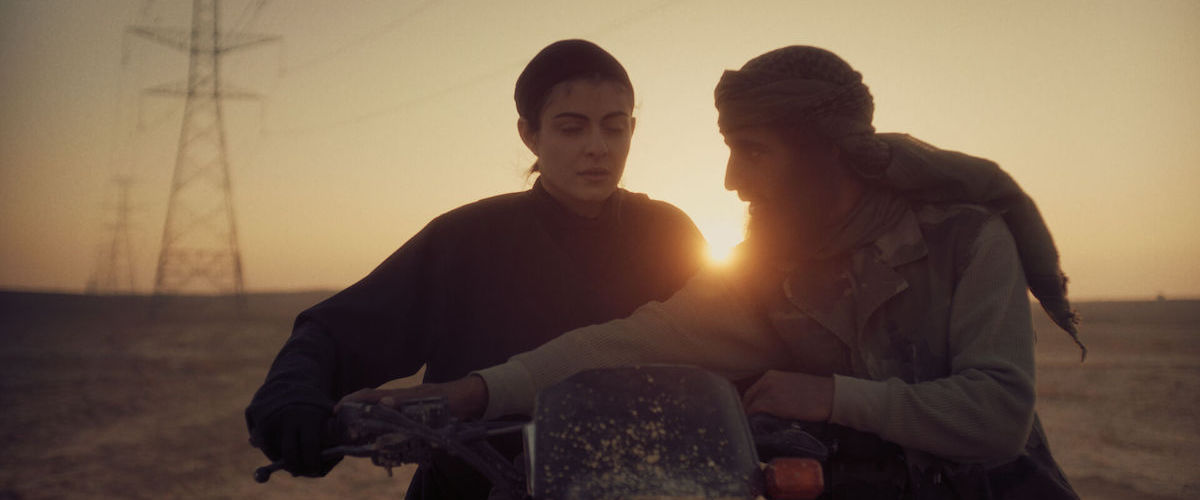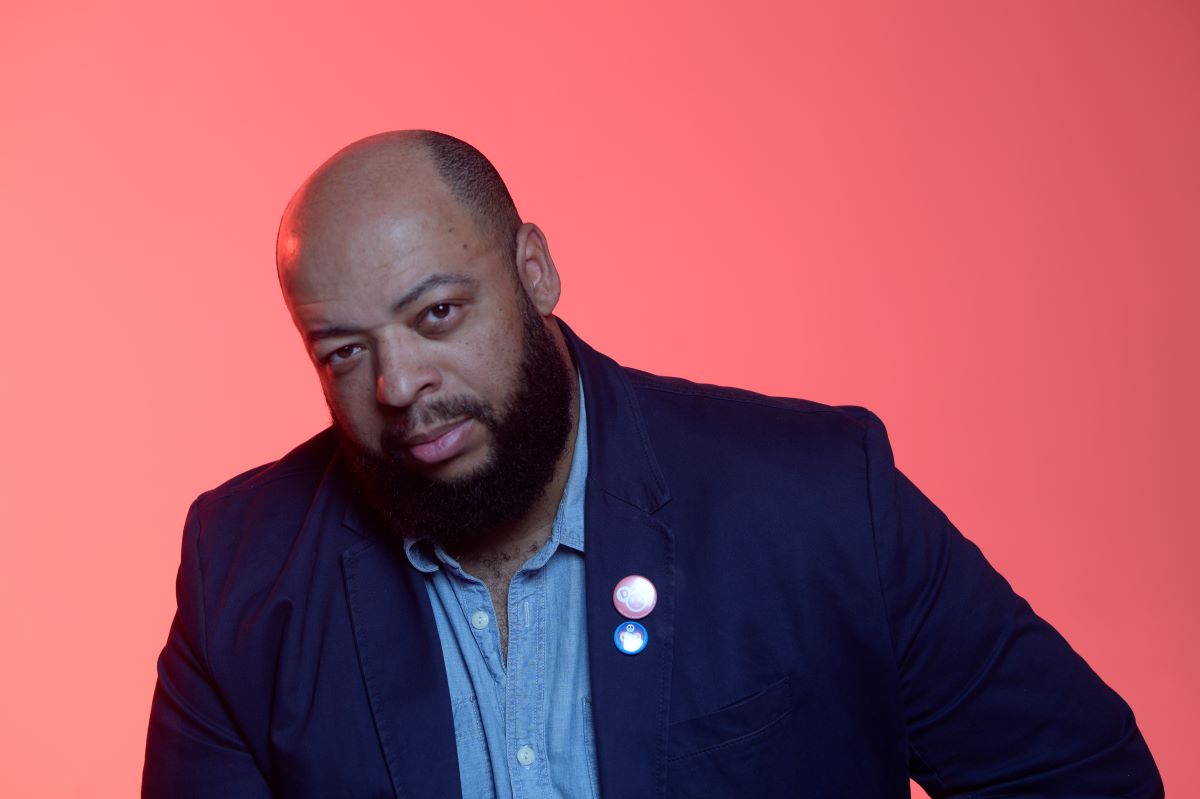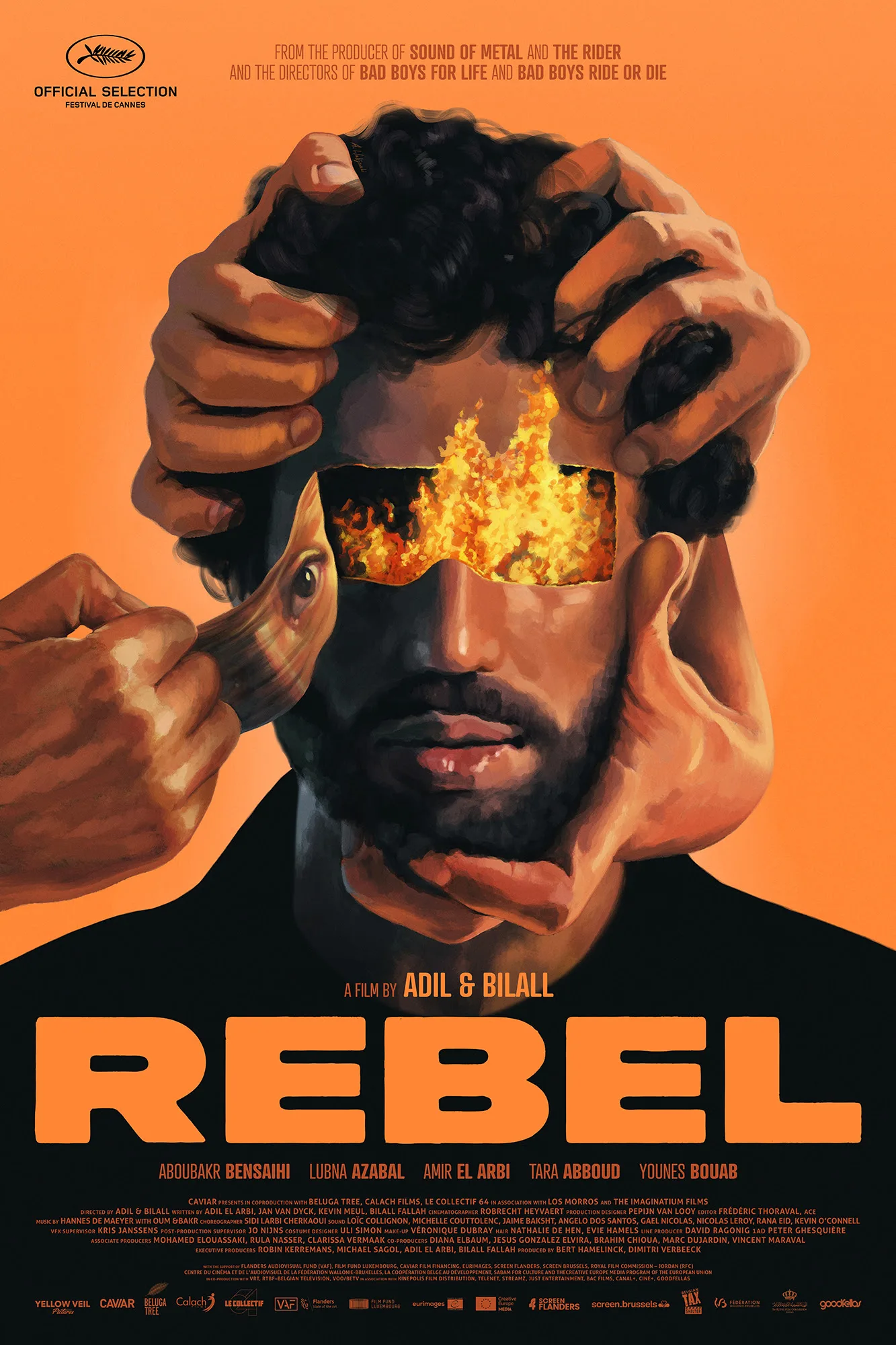Bursting onto the scene with their feature debut "Image" in 2014, the directing duo of Adil El Arbi and Bilall Fallah have had a mercurial rise from their native Belgium (the pair met at the LUCA School of Arts) to Hollywood. The dyad has had an enviable run in the States, where they have directed music videos, television, and feature films. Adil and Bilall (as they have branded themselves) found success with their first American studio film in 2020 when they took over the "Bad Boys" series from Michael Bay and followed it up with the first two episodes of Marvel Studios' "Ms. Marvel."
And then the streak went cold. Adil and Bilall famously ran afoul of le nouveau régime at Warner Bros. when the brain trust there decided to shelve their "Batgirl" feature before it had been released. The plight of "Batgirl" has become the symbol of the utter rapaciousness that animates the contemporary film studio CEO in the streaming age. And so the duo's literal return to their home country seems especially well-timed.
"Rebel," which the directors co-wrote with Kevin Meul and Jan van Dyck, is earnest and emphatic as a cri de coeur against the moral abyss of religious fanaticism. But it also feels like a very strategic attempt to show off the duo's chops when it comes to more serious and more personal filmmaking. Yet despite all of the personal elements they have woven into the movie (the Belgian family at the center of the film are of Moroccan descent, as are Adil and Bilall), they haven't forsaken genre altogether either.
Opening with a recreation of an Islamic State execution video from the Syrian Civil War (circa 2015), the murderous propaganda upends the life of Leila Wasaki (played by Lubna Azabal who had a leading role in Denis Villeneuve's "Incendies"), a single mother and cleaning woman whose son Kamal (played by Aboubakr Bensaihi, who has previously worked twice with Adil and Bilall) is seen executing an imprisoned Syrian soldier.
The film's greatest strength is how it presents Kamal as a cold-blooded terrorist and then tells the improbable manner in which he became an ISIS videographer known as Al-Belgiki ("the Belgian" in Arabic). Kamal left Belgium one step ahead of the law after his drug dealing caught the attention of the authorities and headed to Syria to work with the White Helmets. He has found a non-violent way to express his rage at Bashar Al-Assad's butchery, but the Islamic State's arrival on the battlefield puts him on a new path.
The filmmakers' outrage at ISIS and their depravities in the name of religion make for some interesting contrasts as we cut back to Kamal's devout mother and younger brother, who are part of the Brussels Muslim community. The directors' skill with mise-en-scène and montage often makes for some compelling passages, although they go to the long take battle scene well once too often. But the most audacious part of "Rebel" is far and away the moments when it becomes a musical. Melding such a harrowing story with the stylization of choreographed musical numbers is a big risk. It's an admirable choice even if some of the scenes miss an opportunity to propel the story forward (at 135 minutes, it can often feel sluggish despite all the plot and Steadicam work).
Unfortunately, in its second half, "Rebel" ratchets up the melodrama to arrive at an ironically tragic ending that aspires for classical tragedy but falls short. This section centers on Kamal's younger brother, Nassim (played by Amir El Arbi), and how his brother's infamy pushes him down a similar path. This plotline felt so schematic that it undermined some of the boldness of the film's first half. I wanted Nassim to surprise me, but instead, he becomes a pawn in a cruel game that the filmmakers have laid out to make a laudable if ham-fisted point. Adil and Bilall clearly care about the story they're telling, but their penchant for maximalism (they list "La Haine," Malcolm X," "City of God," and "JFK" as touchstone films) ultimately betrays the most emotionally affecting moments in "Rebel."
Now playing in theaters.




















